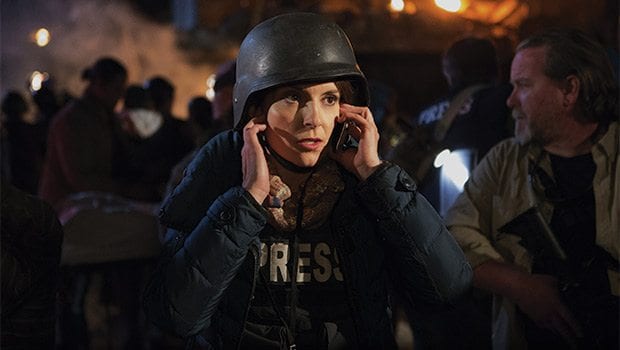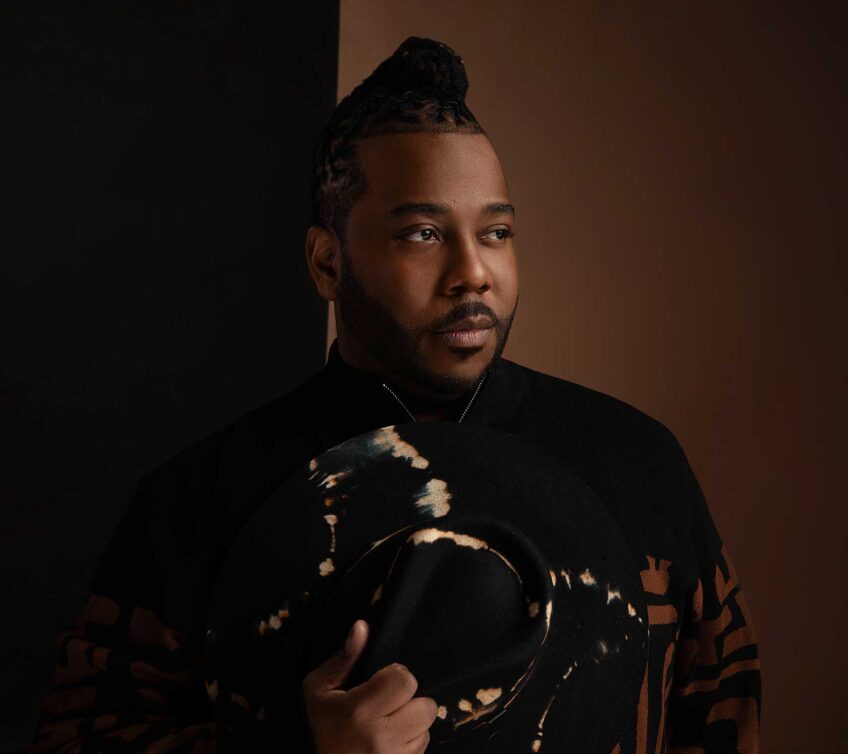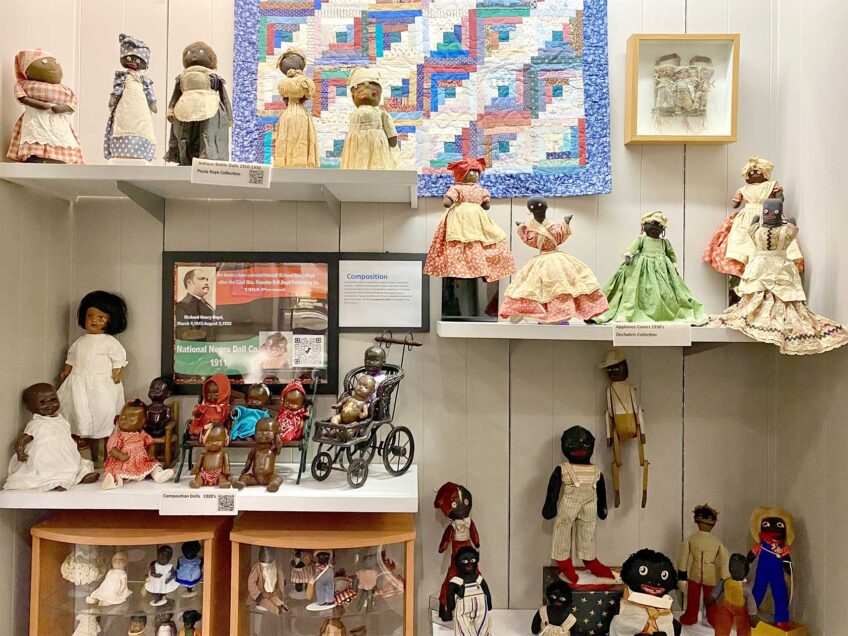Journalist Kim Barker discusses memoir-turned-film ‘Whiskey Tango Foxtrot’

I have such respect for her. I think she’s a really strong, smart, funny woman. I don’t know anybody who would feel upset about her playing them,” says journalist Kim Barker on Tina Fey portraying her in the new film “Whiskey Tango Foxtrot.”
The film, out now in theaters nationwide, stars Fey, Martin Freeman, Alfred Molina, Margot Robbie and Billy Bob Thornton, and is based on Barker’s autobiography “The Taliban Shuffle: Strange Days in Afghanistan and Pakistan.” The memoir chronicles her experiences as a first-time foreign correspondent reporting on the war in Afghanistan, beginning in 2002 for The Chicago Tribune, “shuffling” between Afghanistan and Pakistan, navigating the politics of both countries and the U.S. military — all the while learning to understand the culture and figuring out her life and her place in this new and unpredictable world.
The New York Times reporter, who was in Boston promoting the film, talked about living in Kabul, being portrayed by Tina Fey and her upcoming projects.
What was the adjustment period like when you arrived in Kabul?
Kim Barker: You know, I think as a journalist you’re not really thinking like that. You’re just like ‘Oh, my god, this is a great story. Oh my god, this is a great story.’ When I went over there I thought that I was going to have to totally change my life. ‘Ok, for a few years you’re going to live a very aecetic life. You’re not going out at night.’ This is going to be a about a story. It’s not going to be about any parties or anything like that. I didn’t understand there was this sort of lifestyle that crops up in any sort of war zone where there’s a lot of people there.
Do you ever miss being there, the addiction, the energy, and the people?
KB: Sure. I miss the story. I miss the people. I miss the energy. It’s not like any of us look at addiction like we’re in those situations. You miss the story, though. You miss the adrenaline of covering a story like that. It’s a much grimmer place now. I have two friends who are there right now, who are in Kabul [Afghanistan] right now. It’s a darker place. It’s a grimmer place. There isn’t that same social scene that you see in the movie. That was of a time. It’s more dangerous now and there aren’t a lot of journalists covering it now.
How have you changed since that journey first started?
KB: It’s always weird. I’ve been asked about this a lot over the last few days: Personal growth through war. It seems a little bit Western. Afghans and Pakistanis have had to live through so much harder things. Sure, you change when you’re covering things like that. Sure, you learn more about yourself. I know in any situation I’ll be able to handle it as a journalist. Anything you throw me at I’ll be able to do. I hope that I have more patience. I hope that I’ve learned more patience.
Do the Afghanis really know what’s going on in their country?
KB: Not necessarily. That whole scene in the movie with the ‘Are you the Russians?’ True, true. That happened in villages in Afghanistan. Absolutely true. No, absolutely. I don’t think that everybody understood what was going on. You look at a place that’s been through 30 years of war. Now, these people are here. Alright, adjust to these people. Go along to get along. I still don’t know that Afghans necessarily, especially in villages, understand what’s going on with the international presence there.
What was your reaction when you first heard that Tina Fey wanted to portray you?
KB: Michiko Kakutani wrote this review back in March of 2011. She loved the book; it was one of her top 10 books of the year. She said I created a Tina Fey character, that I was like a Tina Fey character. I was thrilled with that. I think Tina Fey is so smart, so funny. And so within two weeks of that review coming out, she was pushing Paramount to option it. It was really just that simple. Pushing Lorne [Michaels]; it was time for another M*ASH update.
What’s next for you?
KB: I of course can’t talk about what I’m working on. I work on the Metro desk and I’m blessed with having a great editor and support to be able to spend time to work on stories. This year we’re going to be focusing on a lot of housing issues in New York.
Is there another book planned?
KB: Yeah. I’ve got probably three more books that I could do. I spent a lot of the last year hanging out with these recovering drug addicts and addicts for these stories that I did with folks with mental illness. I’ve had a couple of people say ‘you should write a book on that’ and some editors reach out. I’d only do it if it could be a darkly comic book about how the other one percent live, and how they sort of move through this other New York that the rest of us don’t even know exist; hustling and buying this for this, and selling it over here, and the junkie McDonald’s that I wrote about and weaving all these characters through that. That’s one idea.


![Banner [Virtual] Art Gallery](https://baystatebanner.com/wp-content/uploads/2024/04/Cagen-Luse_Men-at-store-e1713991226112-150x150.jpg)

![Banner [Virtual] Art Gallery](https://baystatebanner.com/wp-content/uploads/2024/04/Cagen-Luse_Men-at-store-e1713991226112-848x569.jpg)

